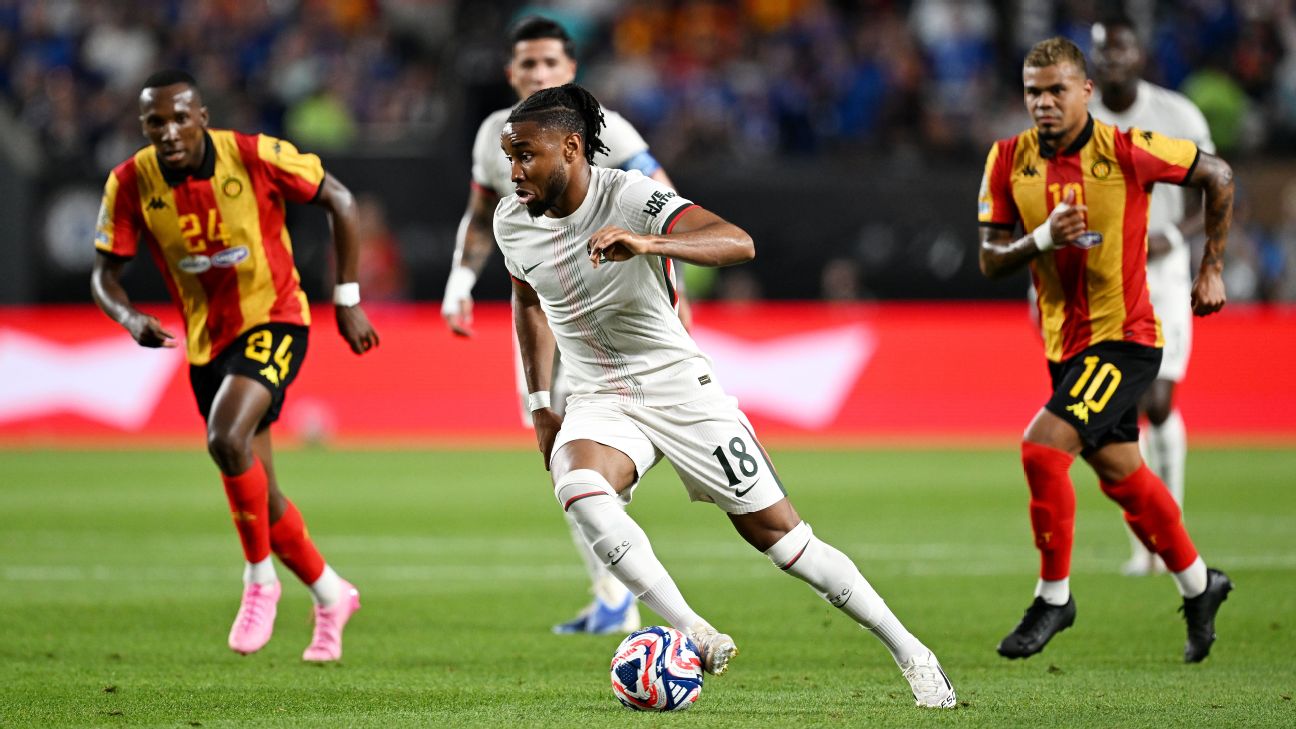
FIFA Urged to Rethink World Cup Kick-Off Times Amid Rising Heat Concerns
As we look ahead to the 2026 FIFA World Cup, an urgent conversation is heating up—literally. With scorching temperatures already disrupting matches at the recent Club World Cup in the United States, medical experts and player unions are calling on FIFA to seriously reconsider its scheduling strategy. And one bold recommendation stands out: scheduling the World Cup final as early as 9am. At first glance, it might sound extreme. But when you dig into the facts, it makes a lot of sense.
Professor Mike Tipton, an expert in human physiology from the University of Portsmouth, has been sounding the alarm. After witnessing the brutal heat players endured this summer, he’s made it clear: starting matches earlier in the day could protect players, officials, and fans from potentially dangerous heat exposure. In places like New York, recent temperatures have soared to record highs—39°C in June alone. That’s the kind of heat that doesn’t just sap energy—it risks lives.
The final of the 2026 World Cup is scheduled to be held at the MetLife Stadium, just outside New York. It’s one of several venues without a roof and very limited shade. With the summer tournament unfolding in the heat of June and July, it’s raising serious red flags. Organizations like FIFPRO, the global players’ union, are pushing back hard on the proposed midday and afternoon kick-off times in cities like Miami, Kansas City, and Monterrey—all labeled “extremely high risk” for heat stress.
Also Read:- Dom Sheed Calls Time on a Memorable Career After ACL Setback
- Alex Pietrangelo Steps Away from NHL, Prioritizing Health Over Hockey
What’s more, storm delays have already been an issue. Multiple matches during the Club World Cup were suspended due to lightning and extreme weather. It's a reminder that climate change isn’t just theoretical anymore—it’s affecting the game in real time.
FIFA insists its top priority is the health and safety of players and fans, citing planned measures like extra water breaks, additional substitutions, and shaded rest areas. But critics argue those are band-aid solutions for a systemic problem. Only five of the 16 host stadiums have roofs, and many games are still being scheduled during peak heat hours. That simply doesn’t align with what science is telling us about rising global temperatures and increasing heatwaves.
Looking back to the 1994 World Cup, also held in the U.S., we’ve seen how punishing the American summer can be. Players like Ireland’s Packie Bonner still recall the mind-fogging heat during their noon match in Orlando. Back then, water breaks weren’t even allowed. Today, the rules may be more lenient, but the temperatures are even more extreme—and they're not just uncomfortable, they're dangerous.
So the question becomes: are we going to prioritize commercial interests, like prime-time TV slots in Europe, or are we going to prioritize player safety and fan wellbeing? The evidence is clear. If FIFA doesn’t take this seriously—if it doesn’t consider starting matches in the early morning, especially in high-risk venues—it risks turning the world’s biggest sporting event into a dangerous ordeal.
This is more than a scheduling issue. It’s a climate issue, a health issue, and a wake-up call. FIFA has the opportunity to lead by example here, not just for the World Cup, but for the future of sport in a warming world. Let’s hope they’re listening.
Read More:

0 Comments